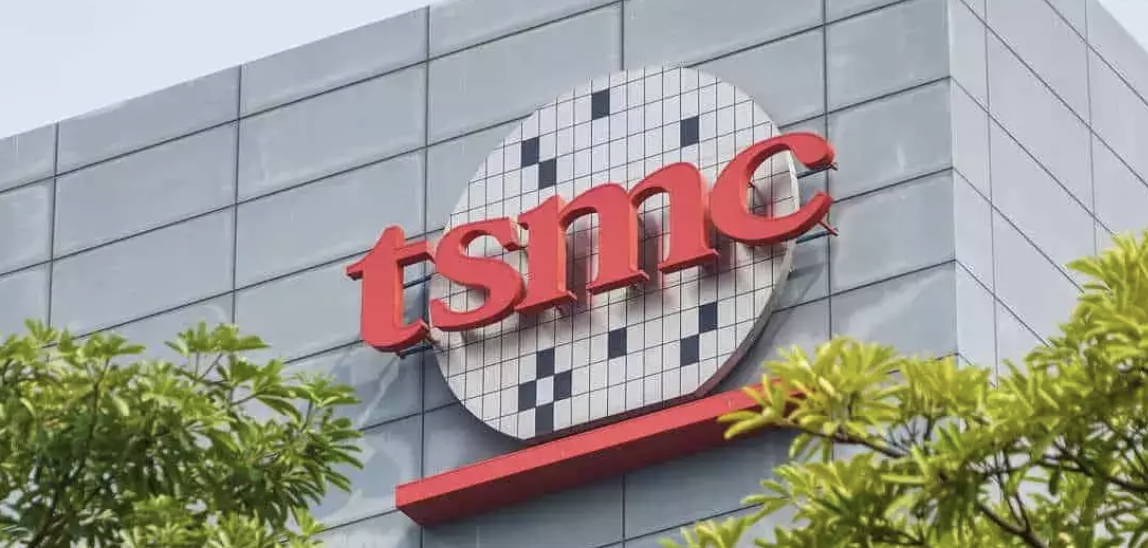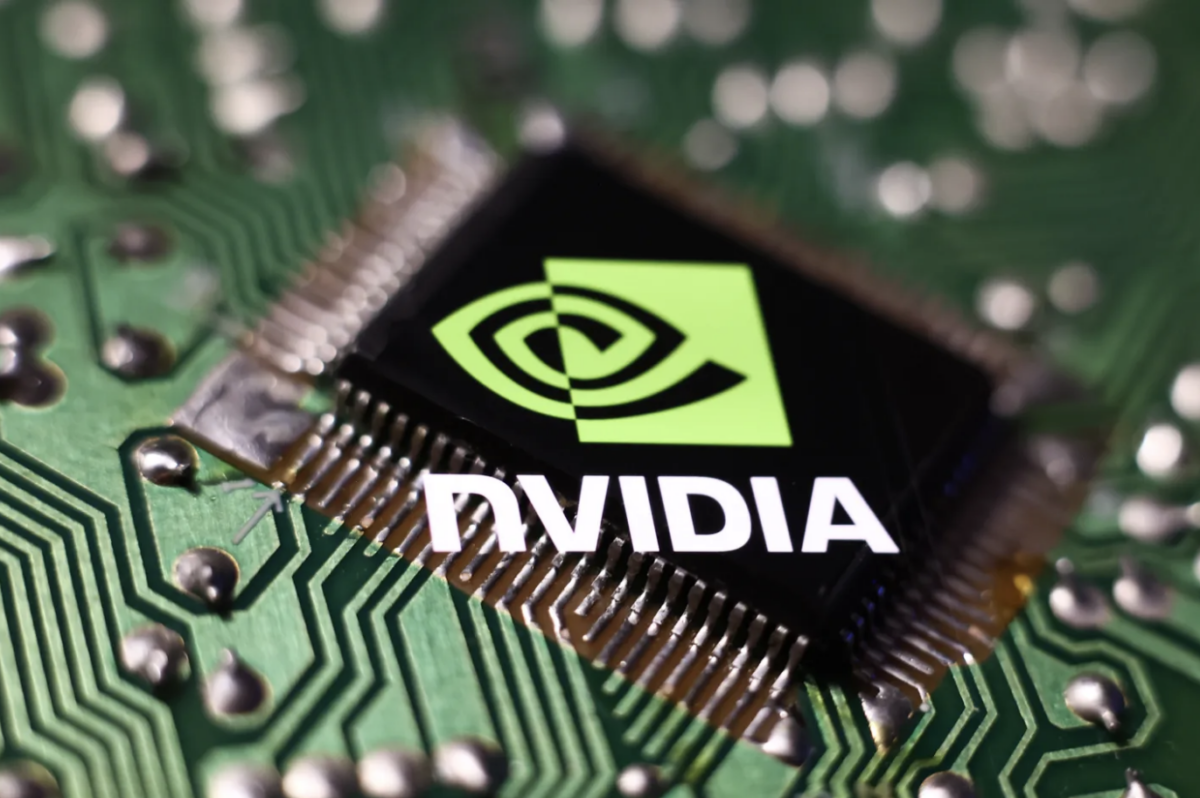China’s BeiDou System Gains $1.78 Billion in Global Deals to Challenge GPS Dominance
China’s DJI, the world’s leading drone manufacturer, has filed a lawsuit against the U.S. Defense Department for being labeled a “Chinese military company.” DJI claims this designation is false and has led to significant financial losses, including canceled contracts and business stigma. Despite DJI’s assertion that it’s independent of Beijing’s military, U.S. lawmakers continue to raise concerns over national security and data risks posed by its drones. The lawsuit follows more than 16 months of unresponsiveness from the Pentagon.

TSMC Halts Shipments to Sophgo Over Huawei Chip Discovery
Taiwan Semiconductor Manufacturing Company (TSMC) has suspended shipments to Chinese chip designer Sophgo after a chip it manufactured was found in Huawei’s Ascend 910B processor, which violates U.S. export controls. Sophgo, affiliated with cryptocurrency firm Bitmain, maintains compliance with all laws and asserts no connection to Huawei. Following a detailed investigation, TSMC reported the finding to U.S. authorities. The suspension of Sophgo’s orders marks TSMC’s ongoing commitment to avoiding involvement with Huawei, from which it ceased supplies in September 2020 after U.S. restrictions were imposed.

China’s Tech Firms in Fierce Competition to Recruit AI Talent
China’s tech giants are in a race to secure top AI talent as the country grapples with a significant shortage of skilled experts. Moonshot AI recently hired Tan Xu, former Microsoft Research Asia lead, to enhance its AI offerings, particularly for its Kimi chatbot. Major players like ByteDance and Alibaba are also ramping up their recruitment efforts. However, China’s AI talent pool remains shallow; for every five new AI roles, only two qualified candidates are available. McKinsey predicts a shortage of four million AI experts by 2030, highlighting the urgent demand.

Nvidia Overtakes Apple as AI Chip Demand Soars
Nvidia briefly surpassed Apple as the world’s most valuable company, hitting a market cap of $3.53 trillion. This record-breaking rally highlights Nvidia’s dominance in AI chip technology, spurred by strong demand from industry giants like Microsoft, Alphabet, and Meta, all competing for an AI edge. Nvidia’s shares rose nearly 190% in 2024, bolstered by OpenAI’s $6.6 billion funding round. While Apple struggles with waning iPhone demand, Nvidia’s AI chip sales show no signs of slowing, with analysts predicting 82% revenue growth to $32.9 billion this quarter.

OpenAI Restructures, Disbands AGI Readiness and Safety Teams
OpenAI has disbanded its AGI Readiness team, which assessed OpenAI’s and the world’s preparedness for advanced AI. The team’s leader, Miles Brundage, announced his departure, citing opportunity costs and plans to pursue AI policy research independently.This follows similar moves, including the disbandment of OpenAI’s Superalignment team in May, as well as executive departures. These shifts come as OpenAI faces scrutiny over AI safety, with regulatory bodies raising oversight concerns amidst a rapid push to monetize AI advancements.

E. Coli Outbreak Linked to McDonald's Triggers Onion Recall and Menu Changes
The E. coli outbreak linked to McDonald’s Quarter Pounder hamburgers has grown to 75 infections, with 22 hospitalizations and one death reported. The outbreak, caused by slivered onions, has led McDonald’s to halt Quarter Pounder sales in about 900 locations across several states. Yum Brands, in response, has also removed fresh onions from Taco Bell, Pizza Hut, and KFC menus out of caution. The CDC indicates that the public risk remains low, but concerns persist over potential further infections, impacting McDonald’s stock, which fell by 3%.

Amazon’s New Low-Cost Storefront Aims to Compete with Temu and Shein
Amazon is setting strict price caps on a variety of items, such as $8 for jewelry and $20 for sofas, for its upcoming budget-friendly storefront. This new store, targeting the ultra-low-cost market dominated by Temu and Shein, aims to ship products directly from a Guangdong, China, facility to U.S. customers. Amazon’s price limits represent a major strategy shift, as the platform has traditionally allowed more pricing flexibility. The move comes as Amazon faces slowed retail growth, with only a 5% rise in online sales last quarter.













